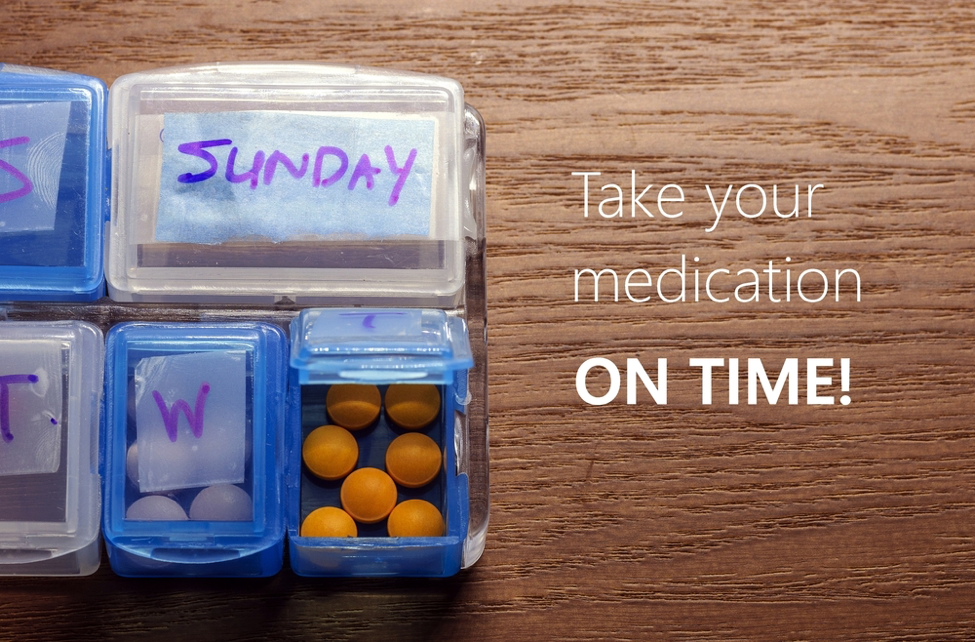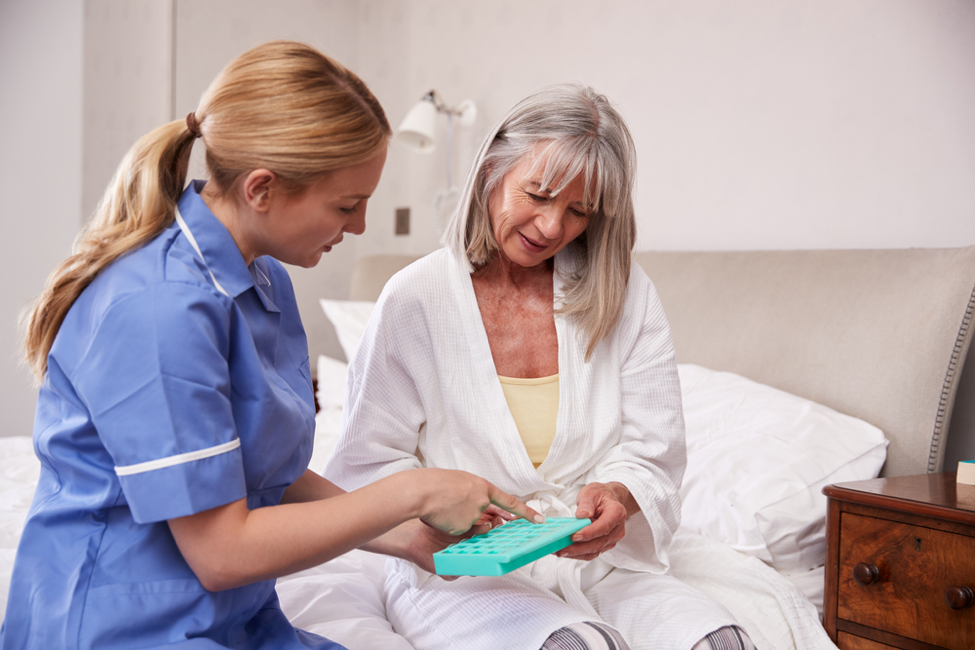CAR T-Cell Therapy Care Partners: What Questions Should You Ask the Healthcare Team?
CAR T-Cell Therapy Care Partners: What Questions Should You Ask the Healthcare Team? from Patient Empowerment Network on Vimeo.
What questions should CAR T-cell therapy care partners ask the healthcare team? Social worker Marc Paloma shares key questions to ask to prepare themselves for the CAR-T process for their loved one, explains the role they play as a care partner, and discusses team members who can support them. Marc Paloma is an outpatient hematology/oncology clinic social worker at University of Chicago Medicine.
See More from The Care Partner Toolkit: CAR T-Cell Therapy
Related Resources:
Transcript:
Katherine Banwell:
When meeting with the healthcare team, what are key questions that CAR T-cell therapy care partners should ask?
Marc Paloma:
Sure. So, I think probably the most important thing for the care partner is making sure that they know who their key resource health providers are in the process. And, of course, not to discredit myself in any way, of course, because I think the social worker is obviously a very important partner in the whole process of CAR T. But here at the University of Chicago, we have CAR T nurse coordinators. They are the ones who kind of like sometimes translate things down into kind of plain English for patients.
They talk to the patients and the care partners about when your CAR T collection is going to happen, here are the next steps. Here’s maybe some testing that you have to have done prior. So, I always tell the care partners, that is – so that’s the person that you go to for sure. You go to your nurse, your CAR T nurse coordinator to answer your initial questions. And then they can bring other healthcare providers in to answer more specific questions.
So, one, knowing who your key resource health providers are. I think it’s also important for them – like a key question is to ask kind of in the vein of what are my expected responsibilities? What exactly am I going to be asked to do as the care partner? For us here at the University of Chicago, we do have a very set list of specific rules and responsibilities that we give to care partners that’s written down, and we provide that to them.
And it’s all the basics that you would think about making sure the patient has hydration, they’re taking their medicine, they’re getting their rides to their follow-up visits, somebody’s with them if there’s anything that they need. Somebody’s taking care of all the concrete things at home like cooking, cleaning, laundry, outside grocery shopping, things like that. So, those questions and then I think another thing is what – just so in the same vein of just so that the care partners know what to expect, I always tell healthcare partners ask questions like, what is it going to be like for the patient during the CAR T process?
What’s their condition going to be like? And then what is their condition going to be like when they leave the hospital, and I’m providing the hands-on care for them at home? Just so that they have an idea of what to expect. And I find that that’s important because there are some care providers who really think that when patients go home that they’re going to be bedbound and need 24/7 care, and we have to sometimes do some re-educating that that is most of the time not the case for patients.
Yes, you will have the responsibility of providing care, but it won’t be like you have to be awake 24/7 for weeks and weeks. So, those are important things I think for care partners to ask.













